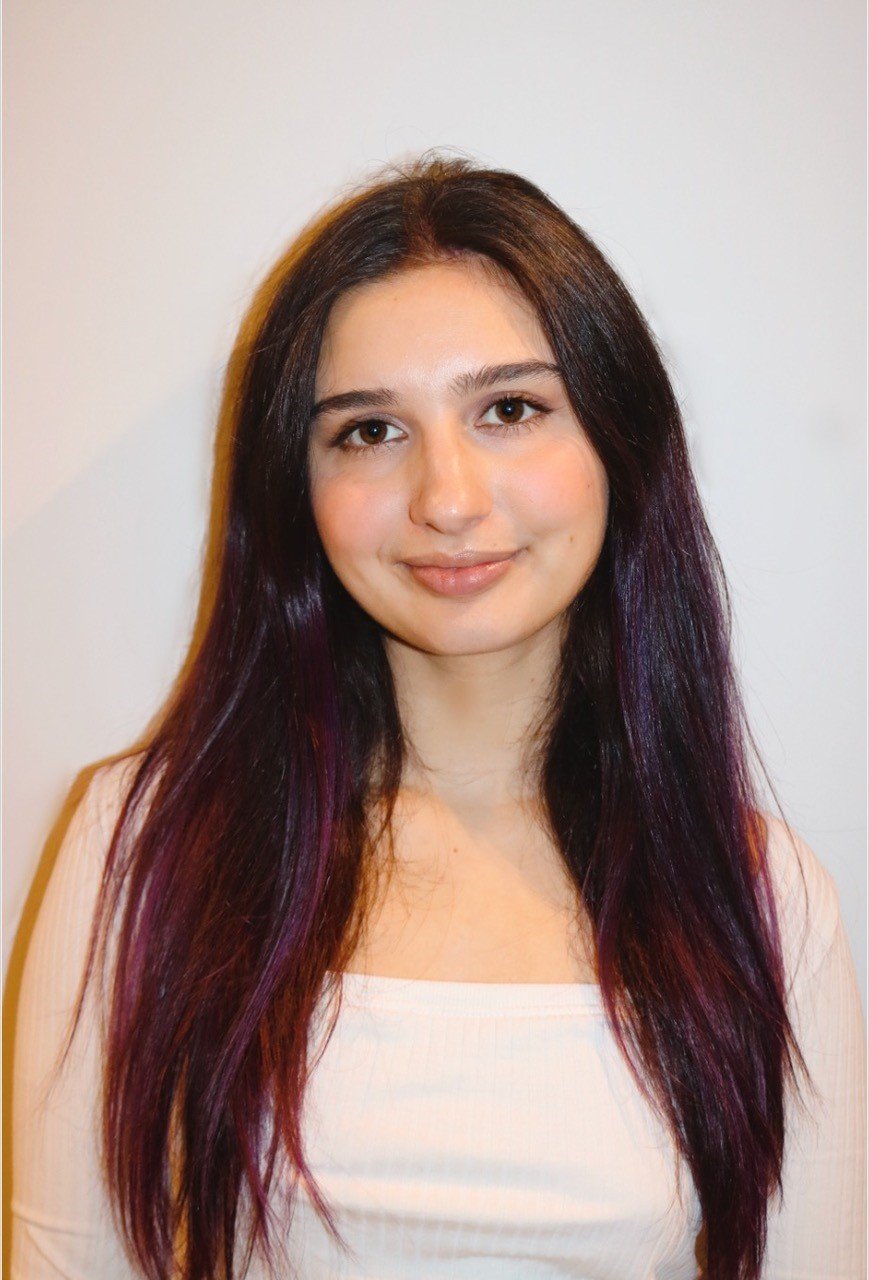Navigating Mental Health Barriers of Transitional Youth with Co-occurring Conditions
-
Zoe is a first-year master’s student in the University of Toronto's Rehabilitative Sciences program, with a background in psychology research and analytical skills. Currently serving as a Research Assistant for the Family Navigation Project at Sunnybrook Research Institute, Zoe passionately conducts mixed-methods research, striving to improve access to mental health services for youth with co-occurring developmental disabilities and mental health issues. Zoe's passion for working with youth with a range of conditions is evident through her extensive undergraduate work in special education departments, organizing programs like Best Buddies, conducting outreach for younger students, and teaching dance to kids with disabilities. Her commitment aims to improve the quality of care for Canadian youth facing co-occurring conditions.
Youth with intellectual and/or developmental disabilities (IDD) and mental health and/or addiction (MHA) concerns often face barriers when trying to access care for their complex symptoms. Moreover, when these youth transition from childhood to early adulthood, they often face age-related service cutoffs, thus relying on family members to help find and receive care. An innovative model called Family Navigation has emerged as a solution to connect patients to appropriate resources and improve access to MHA care. The purpose of this study is to better understand the barriers youth with IDD and MHA concerns face and see if family navigation services can help these individuals better access care and improve quality of life.
To investigate this issue, 63 caregivers of youth with IDD and MHA concerns completed a series of surveys and interviews. During this 12-month period, families and youth were randomly chosen to either receive family navigation services or find MHA care alone (self-navigate). Participants were asked questions related to caregiver stress, quality of life, treatment outcomes, family navigation impact and barriers of access. The surveys and interview data will both be analyzed in this study to further take into account participant voices.
These findings will contribute to the knowledge of optimal care experiences, effective navigation strategies, and equitable access to MHA care for youth with multiple conditions. By knowing more about the potential benefits of family navigation, this study can improve MHA services and outcomes for these youth and their families.
This project is co-funded in partnership with Mitacs and the Knowledge Institute for Child & Youth Mental Health and Addictions.

